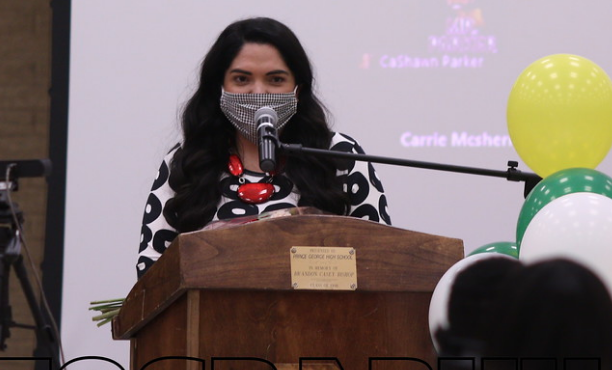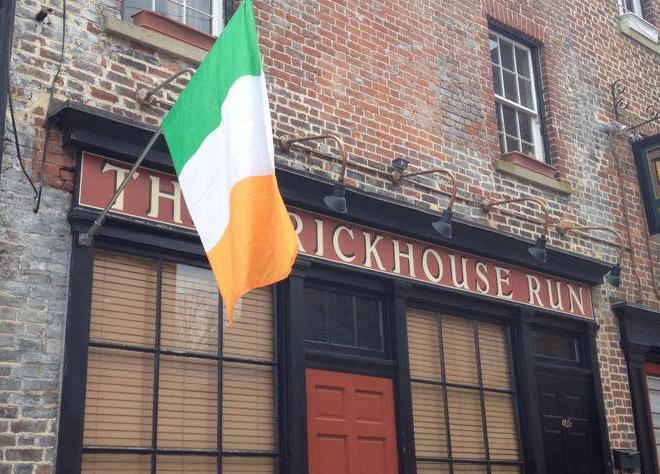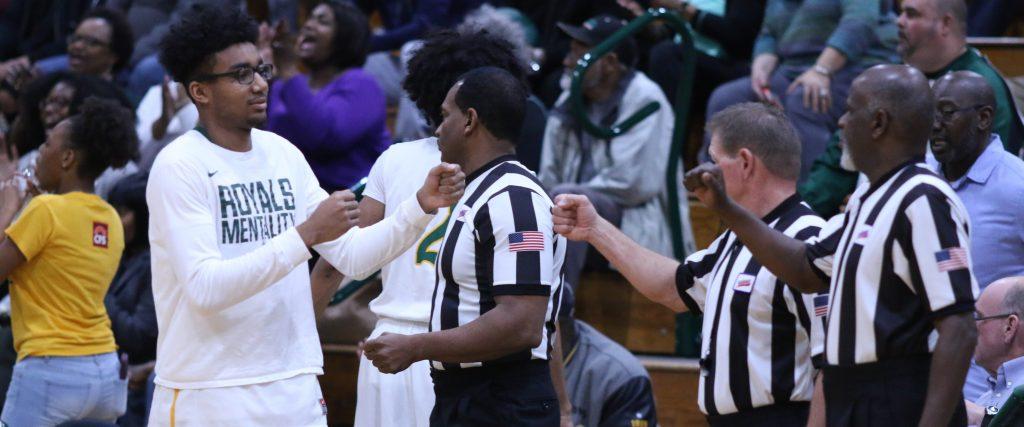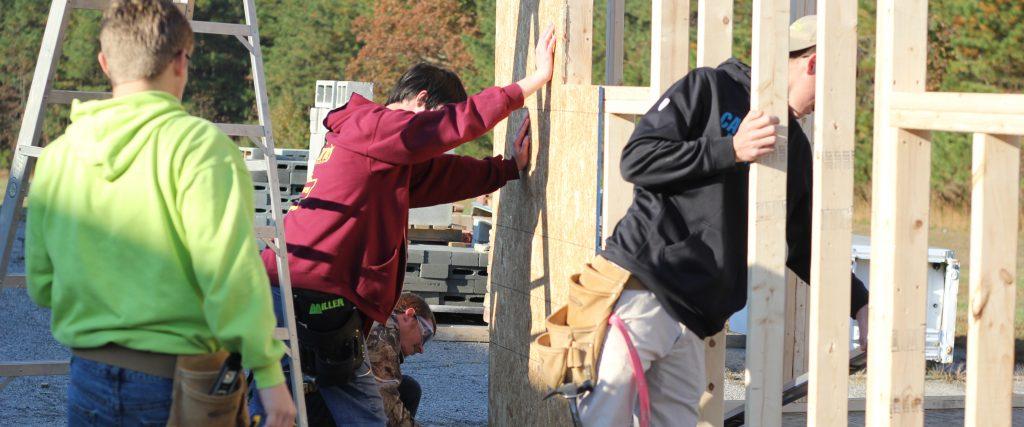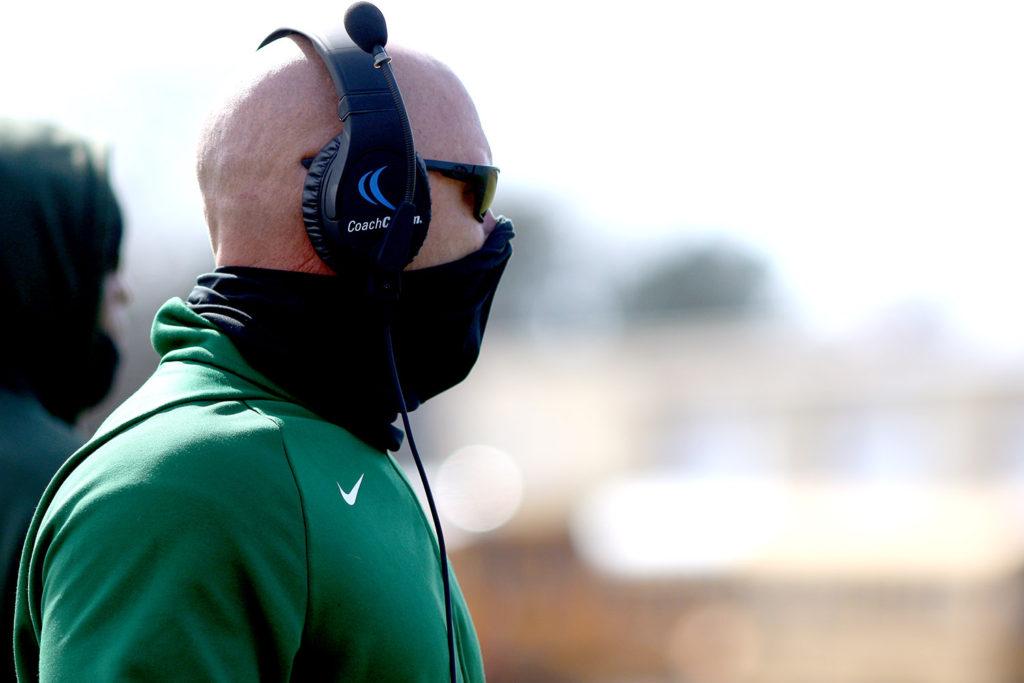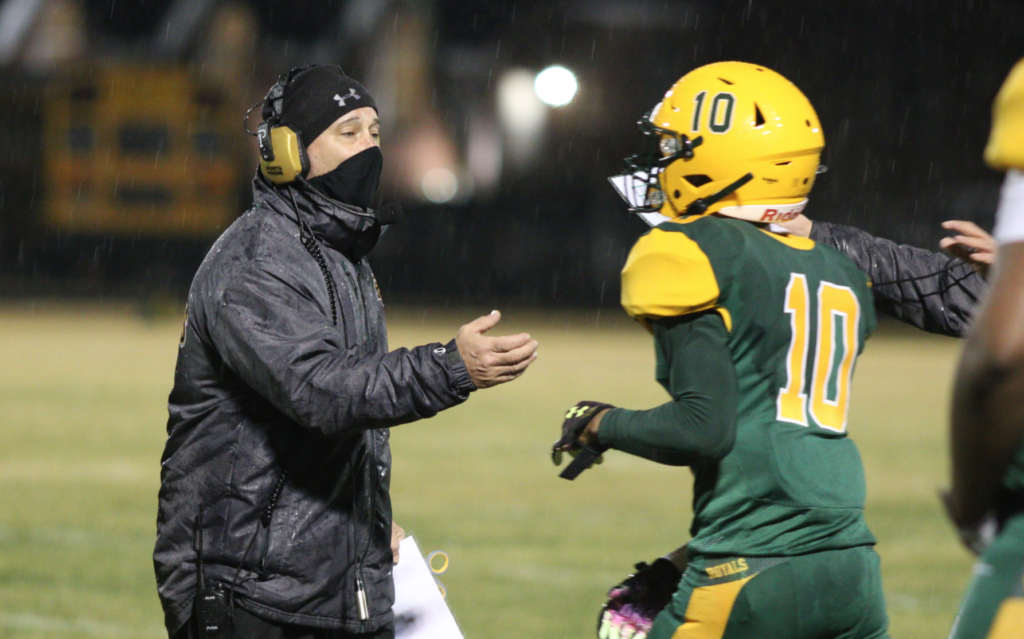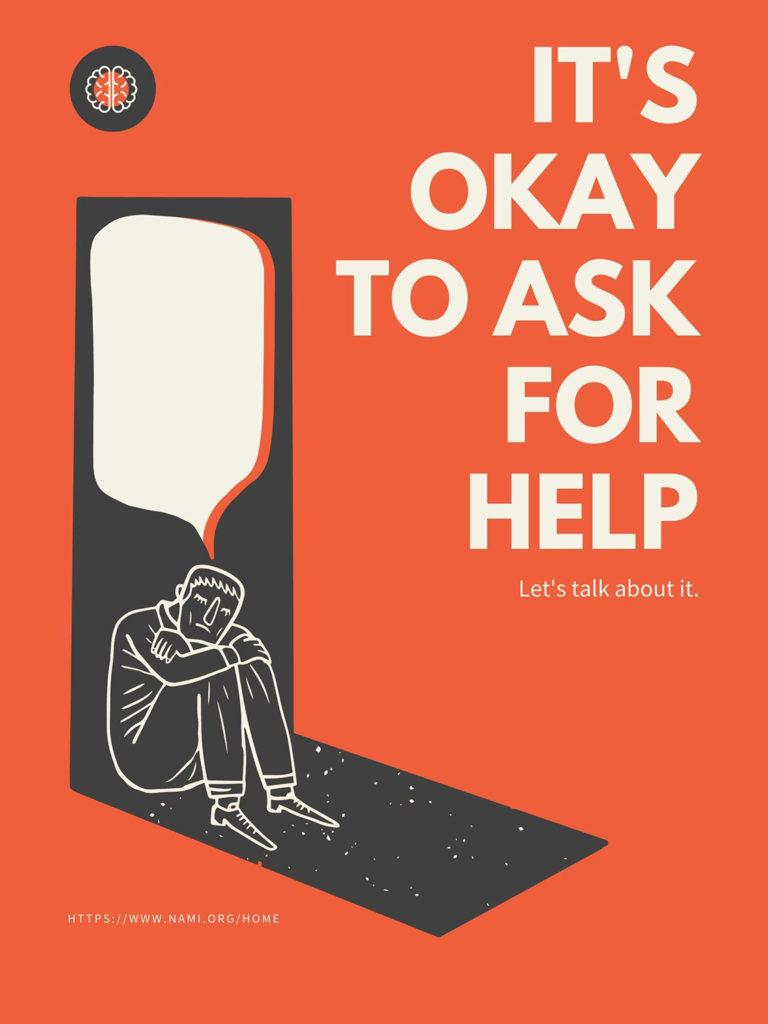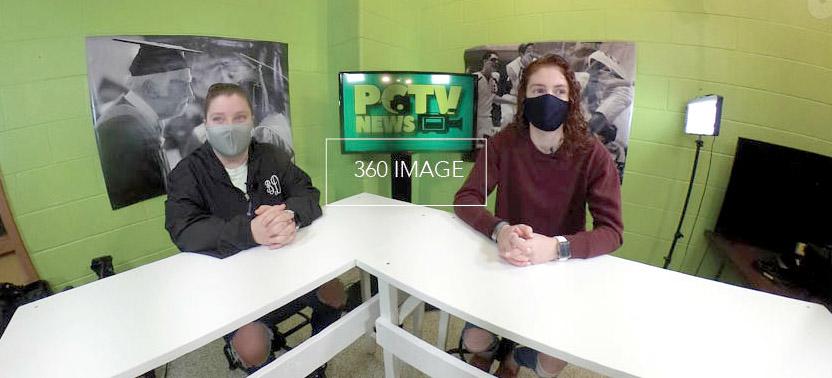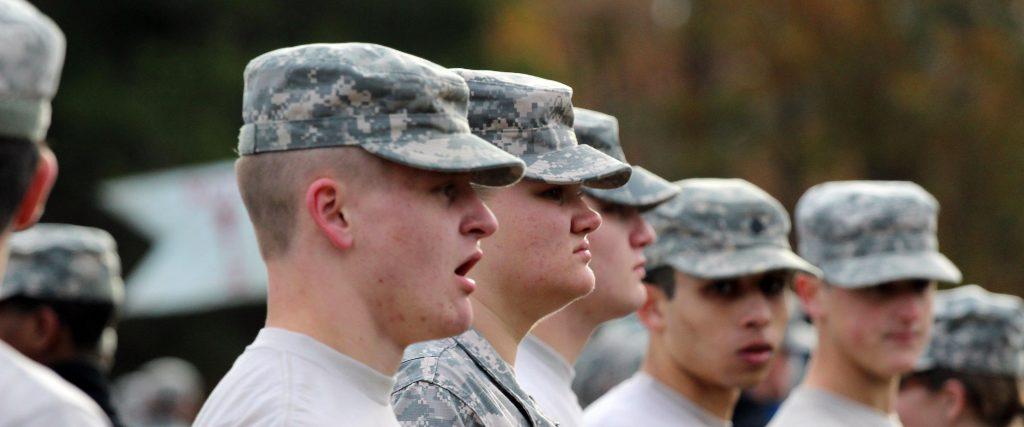The government shutdown that was averted at the beginning of last week is now nearing closer again as the Democrats and Republicans seem to be at another impass nearing Thursday’s deadline.
Government workers will be anxiously watching the news again this week to find out if they will be staying at home and missing out on a paycheck.
The three day shutdown which lasted from January 20th to the 22nd was due to the failure to pass a mandatory spending bill. The debate was hinged on an immigration bill in which no one could agree. Democrats were seeking to fix the Deferred Action for Childhood Arrivals program (DACA), whereas Republicans were looking to fund enhancing border security. The long term spending package is still at the heart of another possible shutdown.
Many at neighboring Fort Lee understand that the shutdown will have an affect on them.
“If the government shuts down for a long period of time they could potentially not get paid in a timely manner,” parachute rigger Shawn McCauley-Cook said. “It means it gets harder and harder to pay the bills and put food on the table for their families.”
McCauley-Cook has served in the army for 20 years. He works in aerial delivery, delivering equipment and people to the battlefield. In his career he has experienced two government shutdowns.
The government nonessentional buildings did open up on January 22nd. However, it is only temporary, and if a decision can not be made on the spending bill by April 28th, then another shutdown will occur, and could last much longer.
“Well [the 2013 government shutdown] did not affect me or my family directly, but some of the employees in the location where I worked at the time…were able to come to work and some weren’t,” McCauley-Cook said.
Concerns are even apparent in students such as McCauley-Cook’s daughter Allison. She has worries for soldiers overseas because she knows that that could easily be her own father.
“I don’t have any concerns about my family right now, but I would be worried if my dad was on the battlefield and wasn’t getting paid like the soldiers overseas now,” Allison McCauley-Cook said. “They deserve pay and not worry about what they’ll have to do without their next paycheck.”
Shutdowns of the government require soldiers to still attend to the work. They are essential and therefore still must attend to their duties. However, just like all other government workers, they do not get paid until the shutdown is over.
“I believe that people that are serving in a position like that deserve a paycheck and shouldn’t be held in limbo during that time, and essentially work for free,” Shawn McCauley-Cook said.
This last shutdown only lasted only 2 days, but in cases like October 2013, people can go weeks without work. Even though these employees eventually receive back pay, some of them need the money to pay bills or buy food daily.
“ Another concern for pay …is for some people, who are younger military members, they might live paycheck to paycheck,” Shawn McCauley-Cook said.

